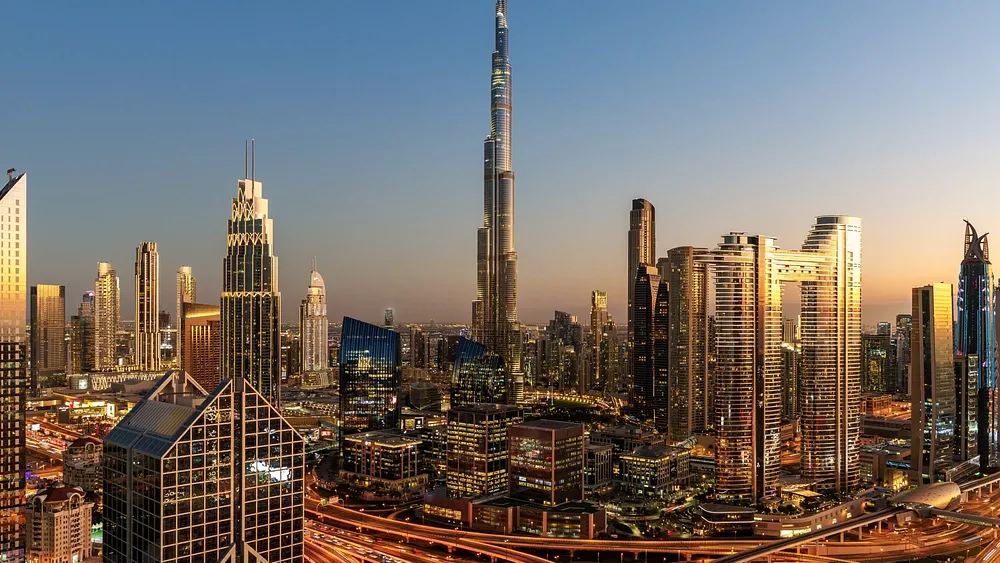Waterfront Living in Dubai: Palm Jebel Ali vs Palm Jumeirah Explained
Two Iconic Islands, One Vision – Dubai’s Evolving Luxury Coastline
Dubai’s iconic Palm Islands have long stood as symbols of innovation, luxury, and architectural brilliance. While Palm Jumeirah has been a global real estate success story for over a decade, the newly relaunched Palm Jebel Ali is positioning itself as the next evolution of island living — bigger, smarter, and more sustainable.
Whether you’re a homebuyer, investor, or real estate enthusiast, understanding the differences between these two destinations is key to making the right investment move.
🌅 1. Location & Connectivity
Palm Jumeirah sits closer to central Dubai — easily accessible via Sheikh Zayed Road and minutes away from Dubai Marina and JBR. Its prime location has made it a favorite among high-net-worth individuals and tourists seeking luxury living near the city’s action.
Palm Jebel Ali, on the other hand, is located further west, offering a more tranquil and expansive coastal environment. With upcoming infrastructure developments and the growth of Dubai South and Expo City, Palm Jebel Ali is expected to become a future connectivity hub with strong accessibility to Al Maktoum International Airport.
🏙️ 2. Design & Scale
While Palm Jumeirah covers about 5.6 sq. km, the new Palm Jebel Ali spans an impressive 13.4 sq. km — nearly twice the size of its predecessor.
Palm Jebel Ali will feature:
-
7 connected islands
-
80+ hotels and resorts
-
Luxurious villas and apartments with eco-friendly features
Palm Jumeirah, in contrast, offers a more mature and established skyline, featuring iconic landmarks like Atlantis The Palm, Royal Atlantis, and Nakheel Mall.
🏡 3. Lifestyle & Community
Palm Jumeirah is known for its urban luxury lifestyle — beachfront apartments, five-star hotels, gourmet restaurants, and a lively nightlife scene.
Palm Jebel Ali is designed for next-generation sustainable living, focusing on green spaces, smart homes, clean energy, and community-driven experiences. It caters to families and investors seeking a balance between exclusivity and eco-conscious design.
💰 4. Investment Potential
Palm Jumeirah continues to deliver strong ROI and high rental yields, with property prices appreciating steadily due to limited supply and global demand.
Palm Jebel Ali, still in its development phase, offers early entry opportunities for investors. Off-plan properties here are expected to deliver significant capital appreciation once infrastructure, connectivity, and amenities are fully established.
✅ Investor Insight:
-
Palm Jumeirah = Stability & Prestige
-
Palm Jebel Ali = Growth & Potential
🌍 5. Sustainability & Future Outlook
Palm Jebel Ali is being developed as a smart, sustainable island, aligned with Dubai’s 2040 Urban Master Plan. Renewable energy sources, smart mobility, and sustainable construction are key priorities — setting a new benchmark for coastal living.
Palm Jumeirah, while luxurious and established, will continue to evolve through renovations and high-end developments, maintaining its premium status in the global property market.
🏗️ Which Is Better for You?
| Category | Palm Jumeirah | Palm Jebel Ali |
|---|---|---|
| Status | Established | Upcoming |
| Size | 5.6 sq. km | 13.4 sq. km |
| Lifestyle | Urban luxury | Eco-smart family living |
| Investment Type | High-value resale & rentals | High-growth off-plan |
| Target Audience | Ultra-luxury buyers | Future-focused investors |
💎 Final Thoughts
Both islands represent the essence of Dubai’s ambition — redefining luxury, innovation, and lifestyle.
If you seek prestige and ready properties, Palm Jumeirah remains unmatched. But if your focus is on long-term growth and future appreciation, Palm Jebel Ali offers the stronger investment potential in 2025 and beyond.




